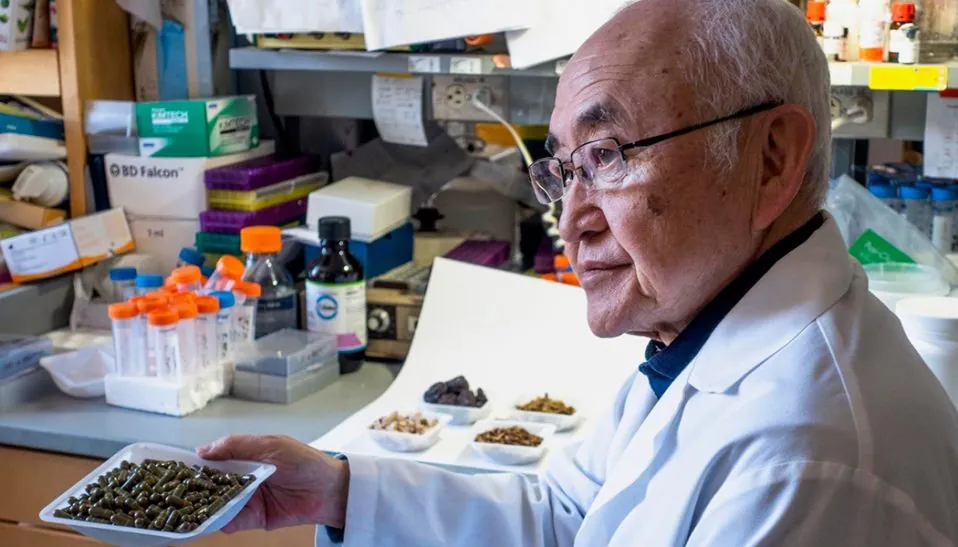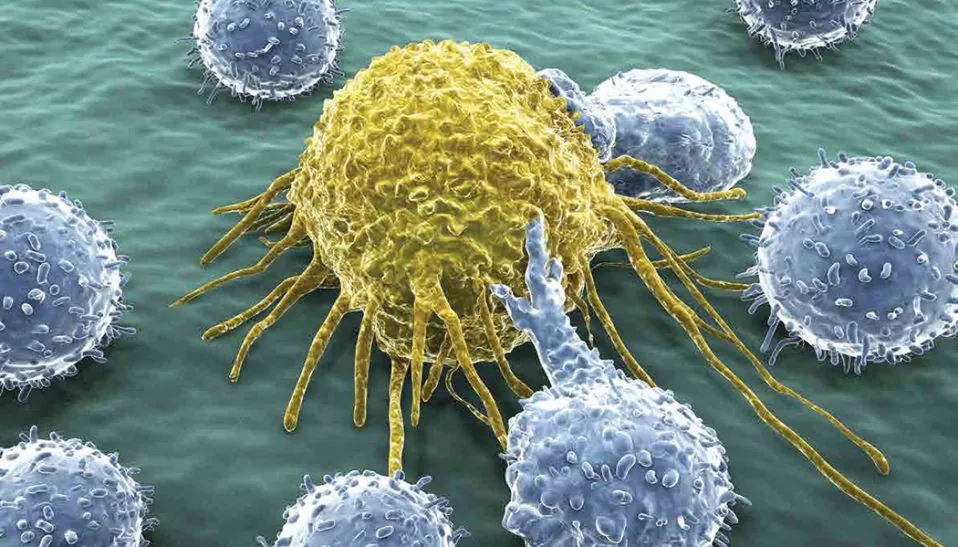First-in-Class Drug Candidate Developed Through National Foundation for Cancer Research Funding Commences International Phase IIB Liver Cancer Clinical Trial
FOR IMMEDIATE RELEASE: May 19, 2020 CONTACT: National Foundation for Cancer Research Bradley Gillenwater, Senior Director for Global Program Development E-mail: bgillenwater@nfcr.org / Phone: 301-961-9161 Three Decades of NFCR Basic and Translational Research Funding to Primary Investigator Dr. Yung-Chi Cheng and Project Advances New Systems Biology Paradigm for Cancer Treatment…...
Lynparza® Approval Brings New Hope for Pancreatic Cancer Patients
Maintenance therapy previously approved for breast and ovarian cancer patients now shown to reduce the risk of disease progression or death by 47 percent among pancreatic cancer patients. Pancreatic cancer made headlines throughout 2019 after both Jeopardy! host Alex Trebek and U.S. Congressman John Lewis were diagnosed with the devastating…...
Ricardo Garcia: The Power of Repurposing
When volasertib was discontinued after an unsatisfactory Phase III clinical trial as an anti-leukemia drug, it did not die a quick death, or die at all. Like Viagra and thalidomide before it, volasertib was “repurposed;” if the original vision for the compound fails, it is simply a matter of finding…...





















